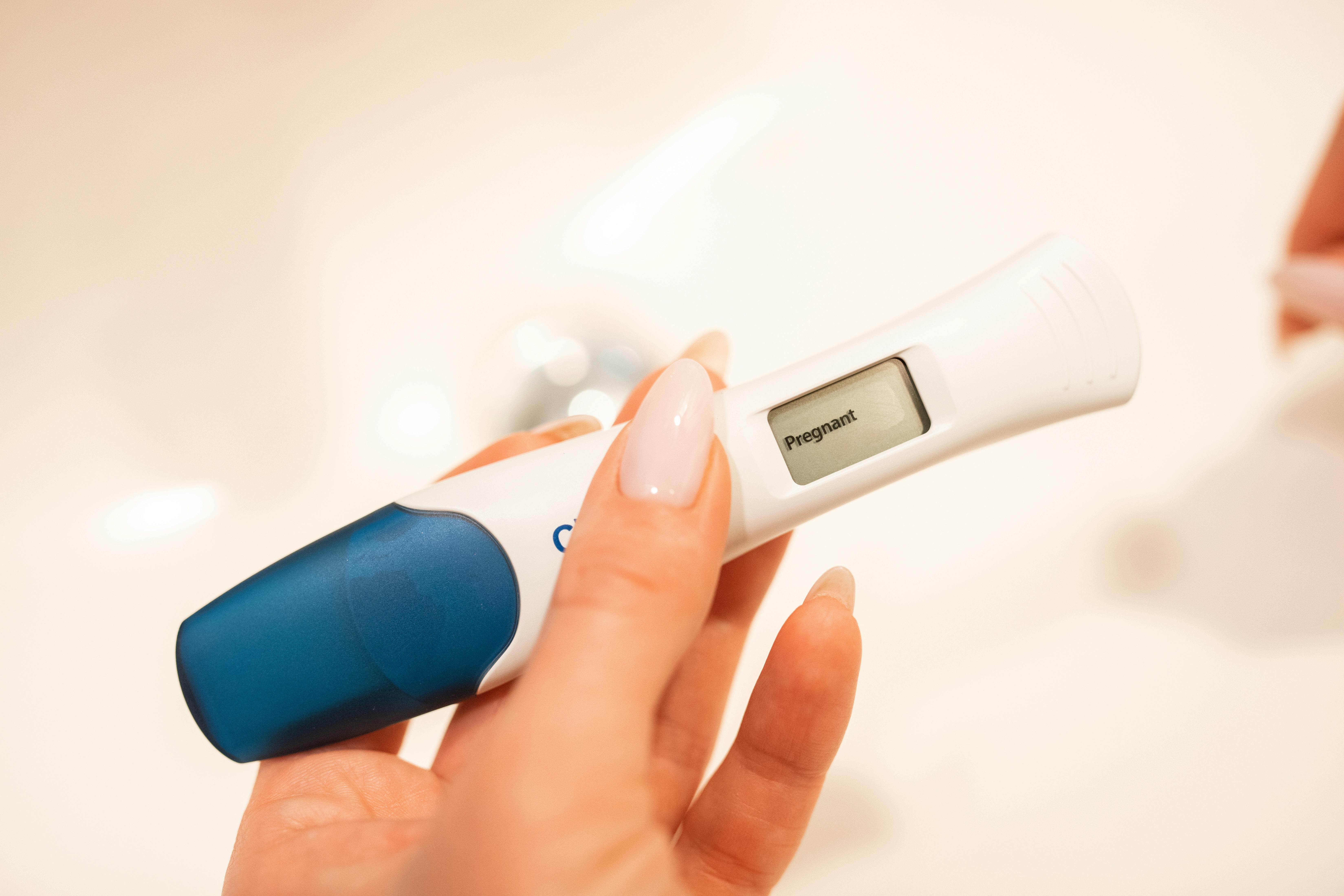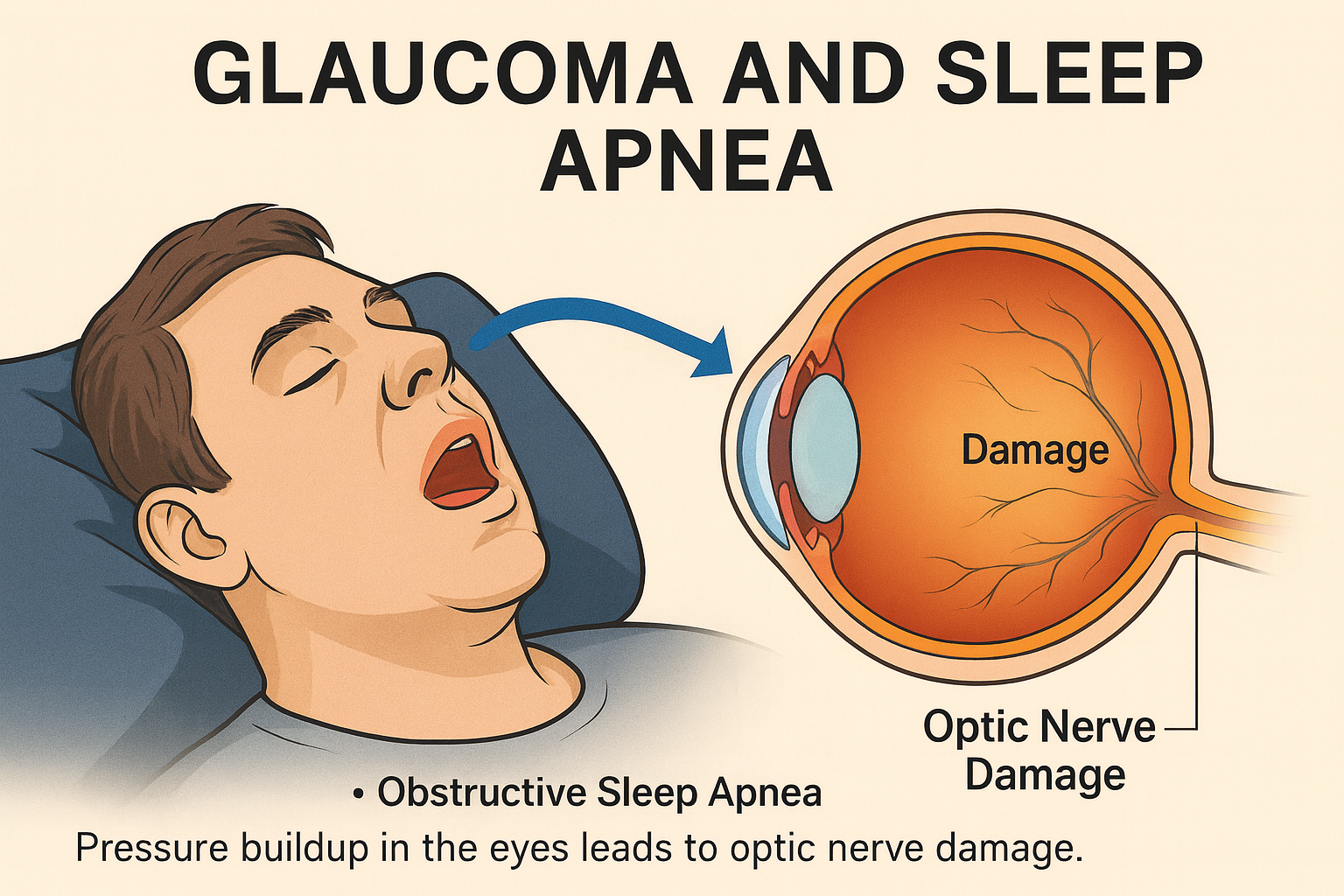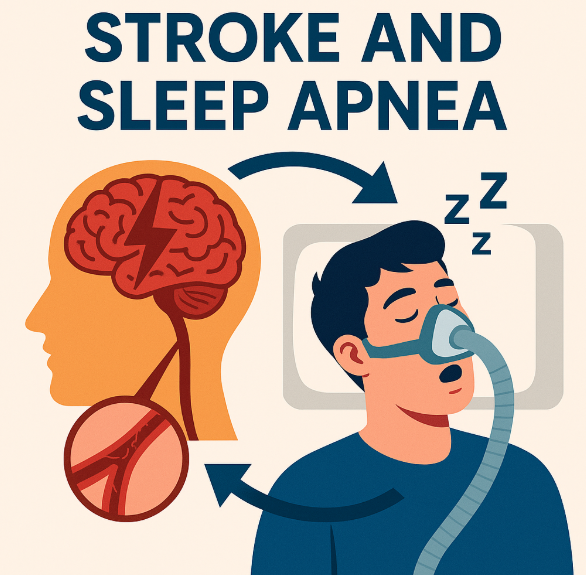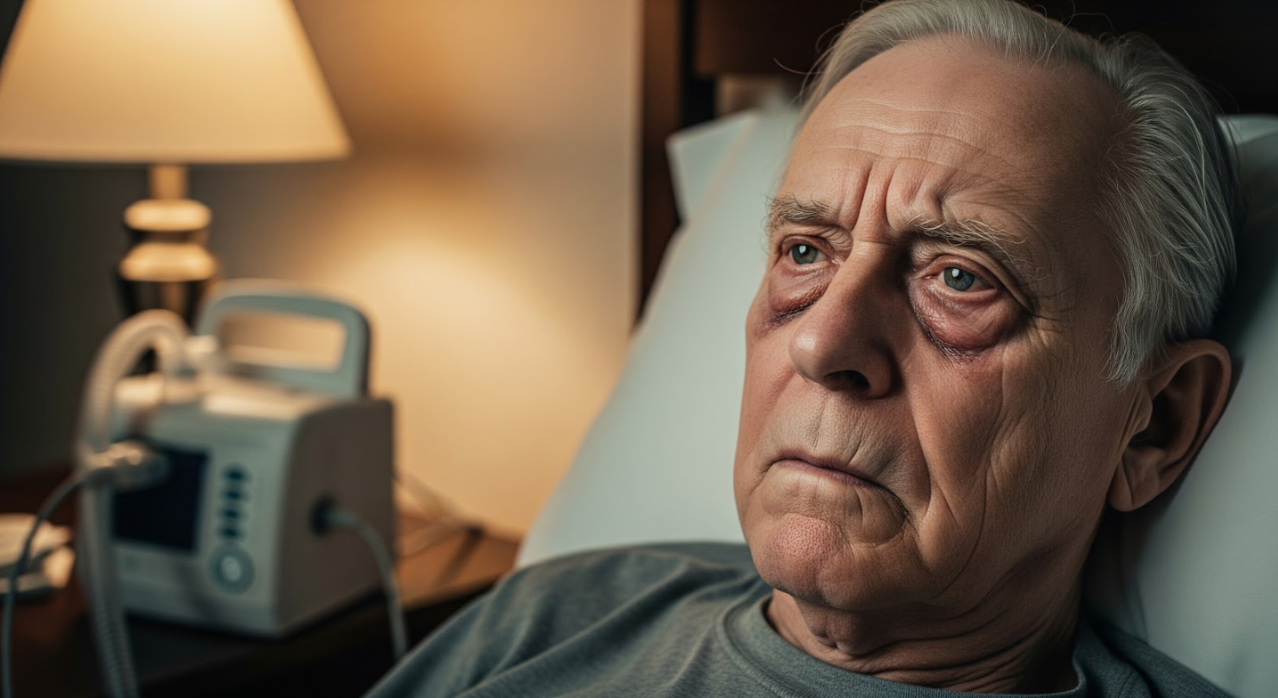In the realm of sleep science breakthroughs, few developments have garnered as much attention recently as tirzepatide's potential role in treating Obstructive Sleep Apnea (OSA). Originally approved for managing type 2 diabetes and chronic weight loss, tirzepatide has now shown remarkable promise in addressing this prevalent sleep disorder, which affects 1 billion humans worldwide.
Obstructive sleep apnea is a condition characterized by repeated interruptions in breathing during sleep caused by blockages of the upper airway. A lack of airflow can cause your blood oxygen levels to drop, triggering your brain to wake up periodically. These interruptions, known as apneas or hypopneas, not only disrupt sleep but also lead to serious health consequences such as increased risks of obesity, cardiovascular diseases, metabolic health issues, and impaired daytime functioning. While many diagnosed with OSA are recommended invasive therapies like Continuous Positive Airway Pressure (CPAP) machines with low adherence rates, a recent study illustrates an alternative form of treatment known as tirzepatide. These results can bolster the case for insurance coverage as it relates to this class of medications, fundamentally changing how sleep apnea is managed.

The Role of Tirzepatide in Obstructive Sleep Apnea
Recent studies, including the notable SURMOUNT-OSA trials, have highlighted tirzepatide's efficacy in reducing the severity of OSA. Led by Dr. Atul Malhotra MD and a team from the University of California San Diego School of Medicine, these studies involved over 469 participants across nine countries. Marketed under the names Zepbound and Mounjaro, tirzepatide belongs to a class of drugs called GLP-1 receptor agonists, which work by mimicking the effects of hormones like glucagon-like peptide-1 (GLP-1) and glucose-dependent insulinotropic polypeptide (GIP). These hormones help regulate blood sugar levels and appetite, making it effective in managing diabetes and aiding in weight reduction. What sets tirzepatide apart is its dual mechanism of action—targeting both metabolic and respiratory pathways, which are often intertwined in individuals with obesity and OSA.
How Does Tirzepatide Work?
Tirzepatide works by:
- Regulating Blood Sugar: By enhancing insulin secretion and inhibiting glucagon release, tirzepatide helps lower blood sugar levels. It stimulates the pancreas to produce more insulin in response to meals, promoting the uptake of glucose into cells. Additionally, tirzepatide reduces the secretion of glucagon, a hormone that increases blood sugar levels by releasing glucose from the liver, which prevents blood sugar spikes.
- Reducing Appetite: It also acts on the brain to decrease appetite and promote feelings of fullness, leading to weight loss over time. When you eat, GLP-1 and GIP are released into the bloodstream and signal the brain that you are full, reducing your appetite. Tirzepatide acts in a similar way to these hormones. By activating the same receptors in the brain that GLP-1 and GIP would, it helps to create the feeling of fullness even if you haven’t eaten as much. This signaling to the brain to decrease appetite and increase satiety helps individuals to eat less, which can lead to weight loss over time.
The Link Between Sleep Apnea and Obesity
A high Body Mass Index (BMI) is known to have a direct correlation with obstructive sleep apnea. This is due to a variety of factors.
Disrupted Sleeping Pattern: Obesity is associated with an increased risk of sleep disorders such as OSA. Excess body weight can lead to the narrowing of airways during sleep, which causes breathing interruptions and fragmented sleep patterns. This contributes to poor sleep quality and the fatigue that may follow during the next day. It’s critical to note this bidirectional relationship: lower energy levels then lead to reduced activity, driving further weight gain.
Hormonal Regulation: Healthy sleep can aid in regulating the hormones that control one’s appetite and metabolism. Therefore, a lack of sleep can negatively affect the balance of these hormones like leptin and ghrelin, which are necessary for our body to regulate hunger. This disruption often leads to increased appetite, cravings for high-calorie foods, and ultimately, weight gain.
Metabolic Impact: Chronic sleep deprivation is linked to insulin resistance, which is a precursor to type 2 diabetes. Bad sleep habits also have the potential to disrupt glucose metabolism and increase the risk of developing a metabolic disease, which includes conditions like obesity, high blood pressure, high blood sugar, and abnormal cholesterol levels.
A study conducted by Dr. Deema Fattal, MD and her team suggests that for every 7-pound drop in weight, one can expect a 7% drop in the Apnea-Hypopnea Index (AHI), a critical measure of OSA severity. One can think of AHI as “pauses in breathing per hour during sleep.” While the formula varies from person-to-person, it demonstrates a relationship between OSA and weight, further reinforcing the strong link between the two.

Key Findings from SURMOUNT-OSA Studies
The SURMOUNT-OSA study evaluated tirzepatide's effectiveness in treating obstructive sleep apnea (OSA).
Here’s what they found:
- Significant Reduction in Apnea-Hypopnea Index (AHI): Tirzepatide led to a substantial decrease in the AHI. In patients not using CPAP machines, tirzepatide reduced AHI by 55.0%, compared to only 5.0% with a placebo. Even in those using CPAP, the reduction was notable at 62.8% versus 6.4%.
- Weight Management: Beyond its effects on sleep, tirzepatide also demonstrated remarkable outcomes in weight management. Participants experienced an average body weight reduction of 18.1%-20.1%, compared to minimal changes in the placebo group, 1.3%-2.3%.
- Safety and Tolerability: Tirzepatide was generally well-tolerated, with manageable side effects reported similar to those observed in its approved indications for diabetes and weight management, including: nausea, diarrhea, and constipation.
FDA Approval and Prescribing Tirzepatide
Currently, tirzepatide is FDA-approved for the treatment of type 2 diabetes and chronic weight management. As research continues to uncover its potential benefits for conditions like OSA, healthcare providers may consider prescribing it off-label for sleep-related issues. There are discussions that Zepbound may be approved as a treatment for sleep apnea and obesity by early 2025, which will further increase insurance coverage.
Always consult with your doctor to determine the best course of treatment tailored to your individual needs.
The Road Ahead
The implications of these findings are groundbreaking. Not only does tirzepatide offer a potential alternative or adjunct therapy to CPAP, the current gold standard in OSA treatment, but it also addresses underlying metabolic conditions that contribute to the disorder. This dual benefit could potentially improve long-term outcomes and quality of life for patients battling OSA.
Looking ahead, further clinical trials will be crucial in confirming the sustained efficacy and safety of tirzepatide over longer periods. Such studies will also explore its potential in broader patient populations, including those with different severity levels of OSA and varying metabolic profiles.
Conclusion
In conclusion, tirzepatide's emergence as a promising therapeutic option for obstructive sleep apnea represents a clinically significant stride in sleep medicine. With its demonstrated efficacy in reducing AHI and promoting weight loss, this drug not only addresses the symptoms but also targets the root causes of OSA. As research continues, tirzepatide holds the potential to redefine treatment approaches and improve outcomes for millions affected by this sleep disorder.
As always, consulting with healthcare professionals remains crucial for personalized treatment plans.





























































































%20thumbnail.jpg)
.png)